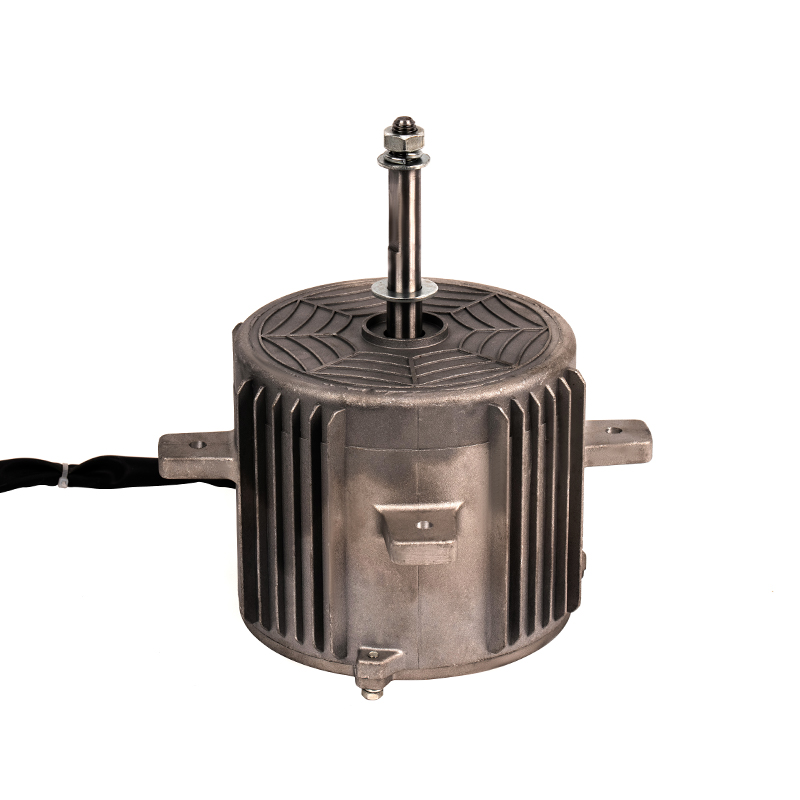The starting torque is a critical factor in determining a motor's ability to initiate movement, especially under load conditions. In single-phase capacitor-run motors, the capacitor serves as an essential component for generating this torque through the creation of a phase shift in the electrical supply. Phase Shift Creation: When the motor is powered, the capacitor introduces a phase difference between the current in the start winding and the current in the main winding. This phase shift effectively allows the motor to produce two magnetic fields that are 90 degrees apart, creating a rotating magnetic field. The presence of this rotating field generates the necessary torque to initiate motion. Magnitude of Starting Torque: The value of the capacitor (measured in microfarads) directly influences the magnitude of the starting torque. A larger capacitance results in a greater phase shift, which enhances the initial torque output. This is particularly important in applications requiring high starting torque, such as in fans, pumps, or compressors where the load may be significant at startup. Effect on Load Handling: Capacitor-run motors are designed to start efficiently under various load conditions. The ability to generate sufficient starting torque allows these motors to handle varying loads without stalling, making them suitable for both residential and industrial applications.
Beyond starting, the capacitor significantly influences the running efficiency of the motor, ensuring that it operates optimally during its operational phase. Power Factor Improvement: The power factor is a measure of how effectively electrical power is converted into useful work. Single-phase motors typically exhibit a lagging power factor due to their inductive nature, which can result in higher energy costs and lower efficiency. The capacitor counteracts this effect by providing leading reactive power, improving the overall power factor of the motor. Energy Consumption and Cost Efficiency: By improving the power factor, the motor operates more efficiently, leading to reduced energy consumption. A higher efficiency translates to lower operational costs, as less electrical power is wasted as heat or reactive power. This is particularly beneficial in environments with variable energy rates, where lower consumption can lead to significant savings. Heat Reduction: Operating at a higher efficiency reduces the heat generated within the motor during operation. Excessive heat can lead to insulation breakdown, reduced lifespan, and increased maintenance needs. By mitigating heat buildup, the capacitor helps extend the motor's operational life and reliability, resulting in fewer service interruptions and lower long-term costs. Durability and Performance: The overall durability of the motor is enhanced due to the reduction in thermal stress. A well-functioning capacitor ensures that the motor operates within its optimal temperature range, minimizing wear on bearings and other components. This contributes to a more consistent performance over time, ensuring that the motor maintains its rated output and efficiency throughout its lifespan.
YSY-250-4 Desktop Single-Phase Cold Air AC Motor, 139CM




 English
English عربى
عربى ++86 13524608688
++86 13524608688












